qū
bend
Phonosemantic compound. 尸 represents the meaning and 出 represents the sound.
Evolution

Bronze script
Early Spring and Autumn (~700 BC)
Seal script
Shuowen (~100 AD)
Clerical script
Eastern Han dynasty (25-220 AD)Regular script
ModernMost common words with 屈
Freq. | Word | Meaning |
|---|---|---|
to feel wronged | ||
to surrender | ||
bent | ||
unyielding | ||
to humiliate |
Component uses
Meaning component in 1 character (0 verified)
Sources
